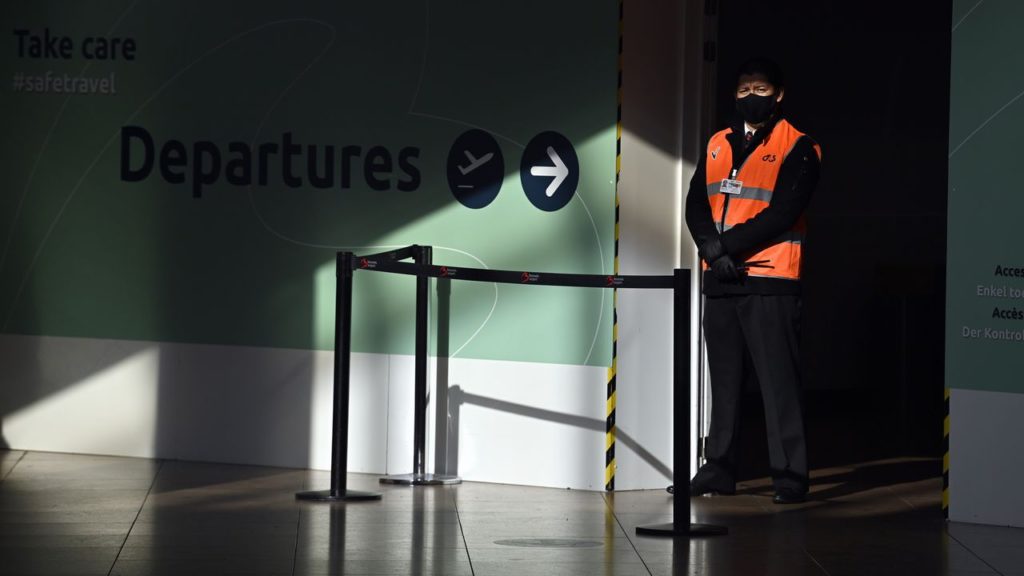The European Commission's main concerns regarding Belgium's extension of its ban on non-essential travel is whether or not the measure is proportional, a spokesperson said on Monday.
In recent days, the Commission has been questioned several times about the restrictions on freedom of movement imposed in Belgium, but also in Germany, which is imposing travel bans for certain countries.
"The issue of proportionality is important to us, and we have some concerns about the rules in Belgium. We will keep in touch and take the necessary measures," Commission spokesperson Christian Wigand said on Monday, adding that there has been further contact between EU Justice Commissioner Didier Reynders and Prime Minister Alexander De Croo.
On Twitter, Reynders said on Sunday that the "Member States agreed on a coordinated approach on travel restrictions" and that the "Commission is concerned about recent unilateral decisions."
Member States agreed on a coordinated approach on travel restrictions. ?? @EU_Commission is concerned about recent unilateral decisions. We are monitoring the situation in all MS and will follow up shortly with letters.I will also discuss the issue on 23/02 at the #GAC #COVID19 pic.twitter.com/DEjBVCsm0W
— Didier Reynders (@dreynders) February 14, 2021
"We are monitoring the situation in all Member States and will follow up shortly with letters," he added.
The Belgian travel ban goes beyond the European recommendations for Member States, he said, and the EU had already expressed "a certain amount of concern" on Friday.
Related News
- EU 'concerned' about Belgium's extension of non-essential travel ban
- Belgium will review travel ban on 26 February
- Belgium's travel ban could be lifted before 1 April, says Di Rupo
Previously, Reynders had already expressed his concerns, but then said he felt reassured because the measures were "limited in time," while adding that the Commission “would like [the ban] not to be extended."
Following the announcement of the extension until 1 April, Reynders stressed that Member States' measures should be "non-discriminatory, necessary and proportionate." It is the latter aspect that the Commission is concerned about in Belgium's bad, according to him.
On Friday, Prime Minister Alexander De Croo's cabinet stressed that the ban, which is essentially aimed at restricting travel during the carnival holidays, would be re-evaluated at the next meeting of the Consultative Committee, on 26 February.
Additionally, Deputy PM Petra De Sutter and Walloon Minister-President Elio Di Rupo suggested that the ban could be lifted before 1 April, and give way to a "strong recommendation" not to travel abroad, once again.
However, Belgium had notified the Commission of its decision in January, based on the Schengen Borders Code, which states that an EU Member State can only introduce border controls when there is a “serious threat to public order or internal security.”
This weekend, EU Health Commissioner Stella Kyriakides told Walloon newspaper L'Echo that, since the virus is everywhere, "it is not by closing borders that we are going to contain it."
The Commission, which is not in favour of banning non-essential travel but rather strongly discouraging it to and from the areas most at risk, will put the subject back on the agenda of an informal meeting of European Affairs Ministers on 23 February, where Belgium’s Foreign Affairs Minister Sophie Wilmès will also be present.
Maïthé Chini
The Brussels Times

